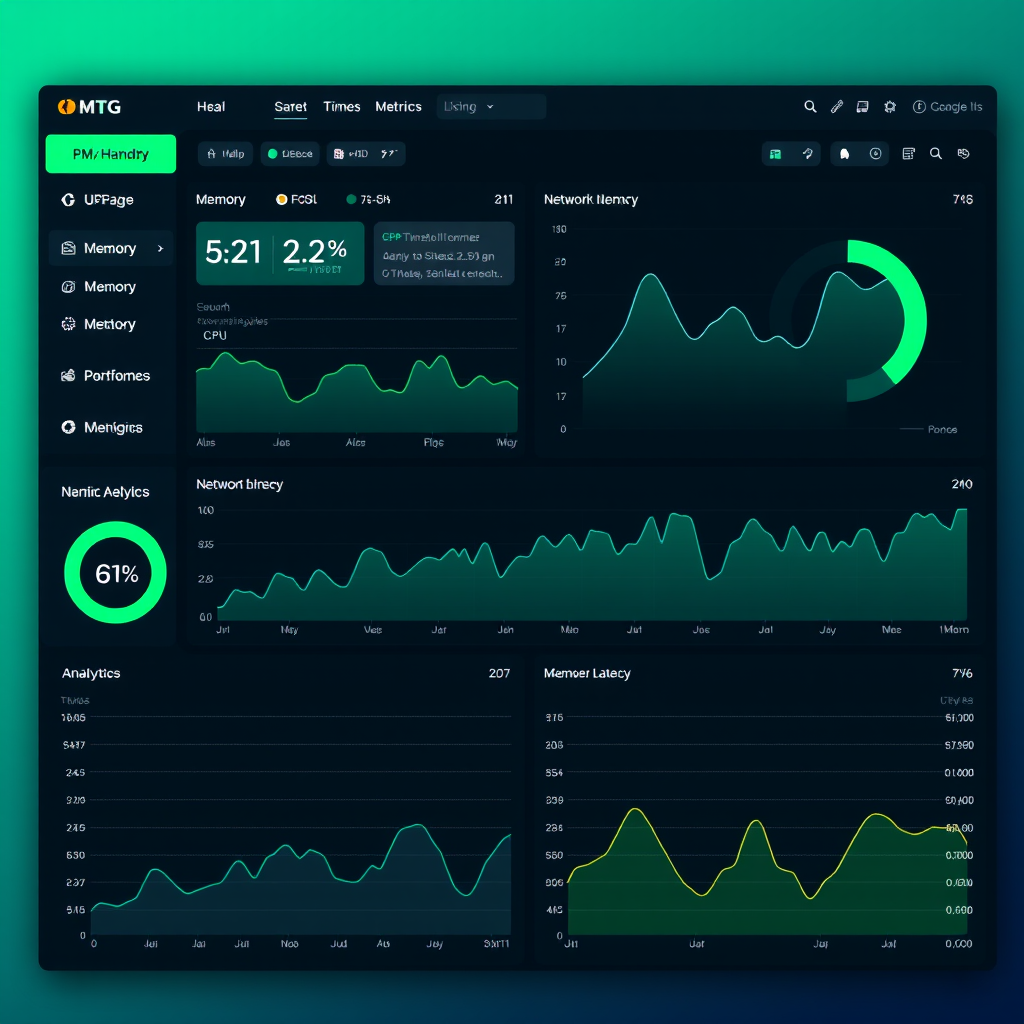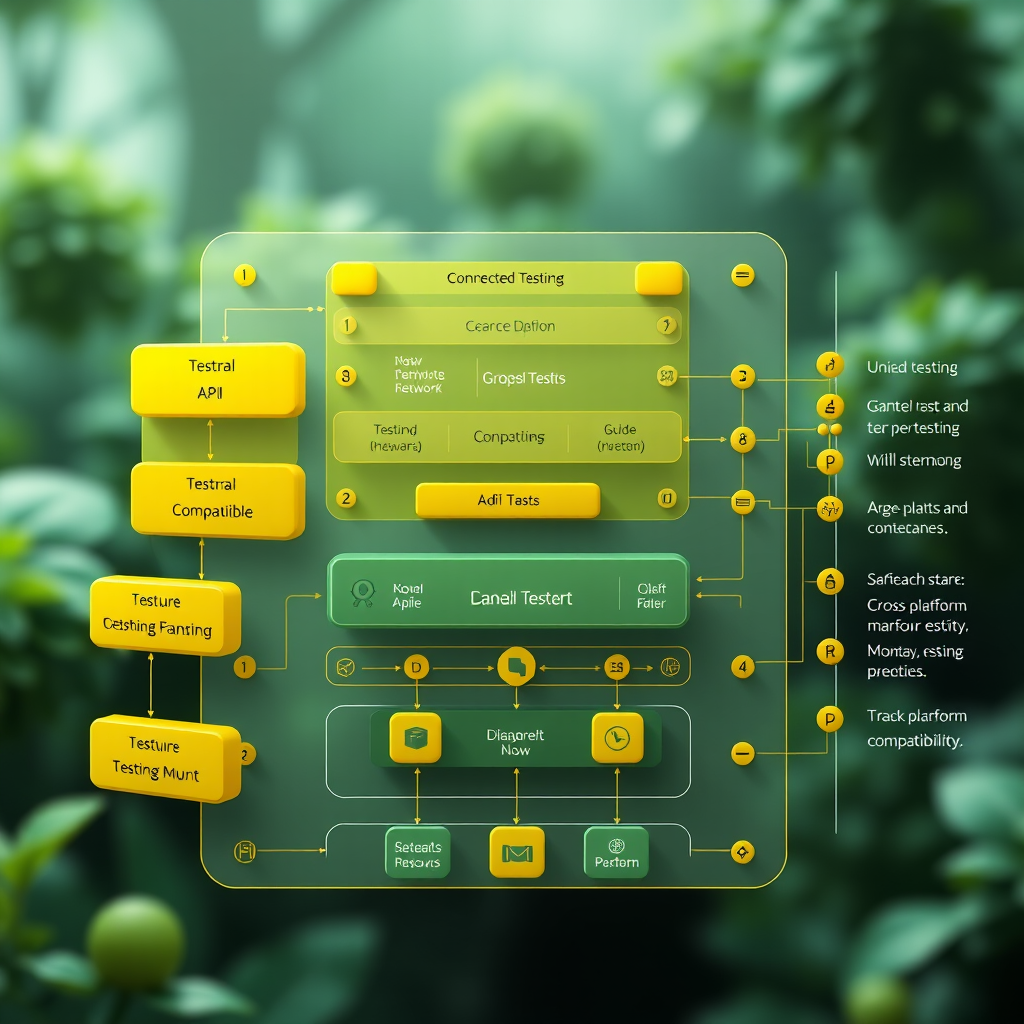Industry-Defining Collaboration Emerges
In an unprecedented move that promises to reshape the landscape of software performance testing, Google, Microsoft, and Amazon have announced a groundbreaking joint initiative to establish unified performance metrics standards. This collaboration, dubbed the "Universal Performance Framework" (UPF), represents the most significant standardization effort in the tech industry since the early days of web protocols.
The initiative directly addresses the growing complexity of modern software ecosystems, where developers and organizations struggle with inconsistent benchmarking methodologies across different platforms. This fragmentation has long hindered accurate performance comparisons and optimization efforts, particularly in cloud-native environments where performance simulator tools often produce conflicting results.
Standardizing Performance Testing Methodologies
The UPF initiative will focus on creating comprehensive standards for performance measurement across three critical areas: computational efficiency, memory utilization, and network latency. These standards will be implemented through a series of open-source tools and APIs that developers can integrate into their existing workflows.
Key Framework Components:
- Unified CPU and GPU benchmarking protocols
- Standardized memory profiling techniques
- Cross-platform network performance metrics
- Container and serverless optimization standards
- Real-time performance monitoring protocols
Microsoft's Azure team will contribute their expertise in enterprise-grade UI stress test methodologies, while Google brings their extensive experience in large-scale distributed systems performance analysis. Amazon's contribution focuses on serverless and container optimization standards, drawing from their AWS Lambda and ECS platforms.


Impact on Development Workflows
The standardization effort promises to revolutionize how developers approach performance optimization. By providing consistent metrics across platforms, the UPF will enable more accurate performance comparisons and facilitate better decision-making in technology stack selection.
One of the most significant benefits will be the integration of standardized logic modules that can automatically detect performance bottlenecks and suggest optimization strategies. These modules will be trained on data from all three participating companies, creating an unprecedented knowledge base for performance optimization.
"This initiative represents a paradigm shift in how we approach performance testing. For the first time, developers will have access to truly universal benchmarking standards that work consistently across all major cloud platforms."
Technical Implementation Timeline
The rollout of the Universal Performance Framework will occur in three phases over the next 18 months. The first phase, scheduled for Q1 2025, will focus on establishing baseline metrics and releasing initial SDK versions for popular programming languages including Python, JavaScript, Java, and Go.
Phase 1: Q1 2025
SDK release and baseline metrics establishment
Phase 2: Q2-Q3 2025
Advanced analytics and cross-platform integration
Phase 3: Q4 2025
AI-powered optimization recommendations
Phase two will introduce advanced analytics capabilities and seamless integration with existing CI/CD pipelines. The final phase will incorporate machine learning algorithms that can provide intelligent optimization recommendations based on performance patterns observed across the entire ecosystem.
Industry Response and Future Implications
The announcement has generated significant excitement within the developer community, with early adopters already expressing interest in beta testing programs. Industry analysts predict that this standardization effort could accelerate innovation in performance optimization tools and create new opportunities for specialized consulting services.
Several major technology companies, including Netflix, Spotify, and Uber, have already committed to adopting the UPF standards once they become available. This early adoption by high-traffic platforms is expected to provide valuable real-world testing data that will further refine the framework.
Developer Impact
The UPF initiative is expected to reduce performance testing complexity by up to 60% and improve cross-platform optimization accuracy by 40%, according to preliminary studies conducted by the participating companies.
Looking Ahead
As the tech industry continues to evolve toward more complex, distributed architectures, the need for standardized performance metrics becomes increasingly critical. The Universal Performance Framework represents not just a technical achievement, but a philosophical shift toward greater collaboration and standardization in an industry often characterized by proprietary solutions and vendor lock-in.
The success of this initiative could pave the way for similar collaborative efforts in other areas of software development, potentially leading to more standardized approaches to security testing, accessibility compliance, and environmental impact measurement.
For developers and organizations currently struggling with inconsistent performance data across platforms, the UPF promises to deliver the clarity and consistency needed to make informed optimization decisions. As we move into 2025, this initiative stands to become one of the most significant developments in software performance engineering in recent years.
